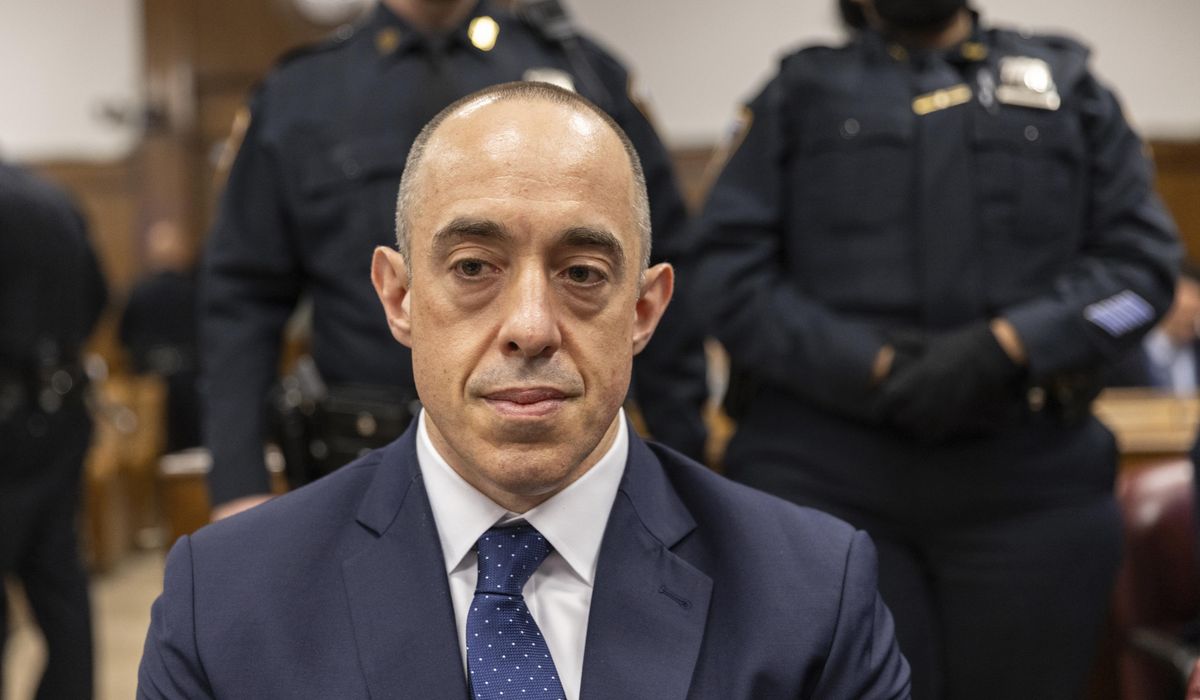


The Trump Justice Department has begun the battle against sanctuary cities, ordering its prosecutors to open investigations into state and local officials who try to thwart enforcement of immigration laws.
Prosecutors were also urged to bring more cases against illegal immigrants themselves when they commit crimes in the U.S.
The directives were contained in a Tuesday memo from acting Deputy Attorney General Emil Bove, according to The Associated Press.
“Federal law prohibits state and local actors from resisting, obstructing and otherwise failing to comply with lawful immigration-related commands and requests,” the memo says. “The U.S. Attorney’s Offices and litigating components of the Department of Justice shall investigate incidents involving any such misconduct for potential prosecution.”
As President Trump returns to the White House, Democrat-led jurisdictions have vowed to resist his plans for “mass” deportations.
Mr. Trump’s border czar, Tom Homan, has said those who actively protect illegal immigrants could be charged under a federal law against smuggling or harboring unauthorized migrants.
The number of sanctuary jurisdictions exploded during Mr. Trump’s first term as local leaders — chiefly, but not all, Democrats — used immigration policy as a way of showing resistance to the president.
Sanctuaries say that working with federal immigration agents and officers ends up scaring immigrants, here legally and illegally, making them less likely to report crimes or cooperate in investigations.
U.S. Immigration and Customs Enforcement, the deportation agency that’s most affected by sanctuary jurisdictions, counters that the policies end up protecting criminals, who go back into communities and prey on fellow immigrants.
Sanctuaries come in varying levels of severity, but usually the policies play out in limiting ICE’s ability to pick up deportation targets at jails and prisons.
Some sanctuaries refuse to hold targets for pickup by ICE, but will notify the feds so they can be on hand for a release.
Other sanctuaries refuse all notifications and information sharing, meaning criminal migrants get released without ICE knowing it.
A few jurisdictions have gone even further, trying to push policies that would shut down ICE’s ability to use local airports to transport migrants or even to pay for space in local jails to hold detainees.
It’s not clear at what point a sanctuary jurisdiction’s actions would cross the line into actively harboring an alien for the purposes of criminal prosecution.
• Stephen Dinan can be reached at sdinan@washingtontimes.com.
